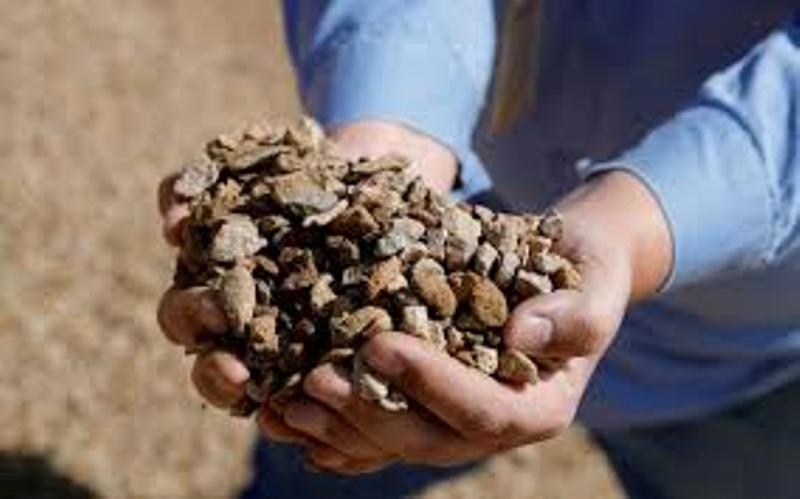Four Indian companies have won Beijing’s approval to import rare earth magnets, signalling an easing of the Chinese grip that had various local industries in a twist for months. The relaxation comes six months after the northern neighbour clamped down on shipments of these vital raw materials at the outset of a trade war with the US.
The Chinese commerce ministry has approved the rare earth magnet export applications of Jay Ushin Ltd, De Diamond Electric India Pvt. Ltd, and the Indian units of German automotive component maker Continental AG and Japan’s Hitachi Astemo, according to a senior executive with an automotive firm and an executive with an auto industry lobby group.
The relief came on a day when US president Donald Trump said the rare earth issue is “settled”, not just for the US, but for the wider world.
More applications from Indian companies are expected to be approved in the coming days, said another executive, who is expecting China’s approval shortly for his Bengaluru-based electric motor manufacturing company. All three executives spoke on condition of anonymity.
New Delhi-headquartered Jay Ushin is the flagship auto parts manufacturing business of the JP Minda Group, while Haryana-based De Diamond Electric is a subsidiary of Japan’s Diamond Electric Mfg. Co. Ltd.
China’s decision to greenlight these applications comes as a major relief for Indian automakers and electronics manufacturers, who rely on rare earth magnets for making powerful motors and advanced equipment.
The approvals have come following diplomatic intervention by the Indian government, including by external affairs minister S. Jaishankar, who brought up the Indian industry’s concerns during his visit to China in July.
About 30 applications from India-based companies are still awaiting approval from Chinese authorities. Companies need to make detailed applications through their China-based suppliers to the Chinese government, detailing the end-use of rare earth magnets and an undertaking that the receiver will not resell these products.
China is granting applications only for consumer applications. Rare earths are also crucial in several military applications.
Continental, Hitachi, Jay Ushin, and DE Diamond did not immediately reply to queries emailed on Thursday morning.
On the edge
Meanwhile, China paused plans for a dramatic expansion of its rare earths export controls, Bloomberg reported, offering relief to global buyers after a tumultuous year and giving major economies more time to grapple with Beijing’s grip on the industry.
Export controls announced on 9 October, which had added to existing curbs, will be suspended for one year, the Chinese commerce ministry said in a statement, after Trump and Chinese president Xi Jinping agreed to a trade truce at a meeting in Seoul.
“All of the rare earth (issue) has been settled,” Trump told reporters on Air Force One. “And that’s for the world, worldwide, you could say this was a worldwide situation, not just a US situation.” “There is no roadblock at all on rare earth. That will hopefully disappear from our vocabulary for a little while.”
China had restricted the supply of rare earth magnets and other products in April as a bargaining lever amid worsening global trade tensions.
While several Western countries had managed to secure approvals for their domestic manufacturers in preceding months, this is the first time that India-based companies have been granted export licences.
Indian automakers have warned that their production would be hit if rare earth magnets aren’t available. So far, production lines have chugged along since several auto component makers had stocked up on these critical inputs.
Several companies also found workarounds by either importing entire components containing these magnets or by switching to alternatives where possible.
Rare earths are a group of 17 metallic elements that are crucial to making compact yet powerful motors that power electric vehicles and other vehicle components. These elements are also extensively used in electronics.
While not exactly rare, these elements are found only in trace quantities and are recovered as by-products when producing other elements. Thus, recovering these elements in high volumes requires massive scale, which takes decades to establish—an area China has focused on for years.
Most countries imported rare earth magnets from China rather than investing in refining rare earths, which has allowed China to control an estimated 90% of the world’s production of rare earths.

